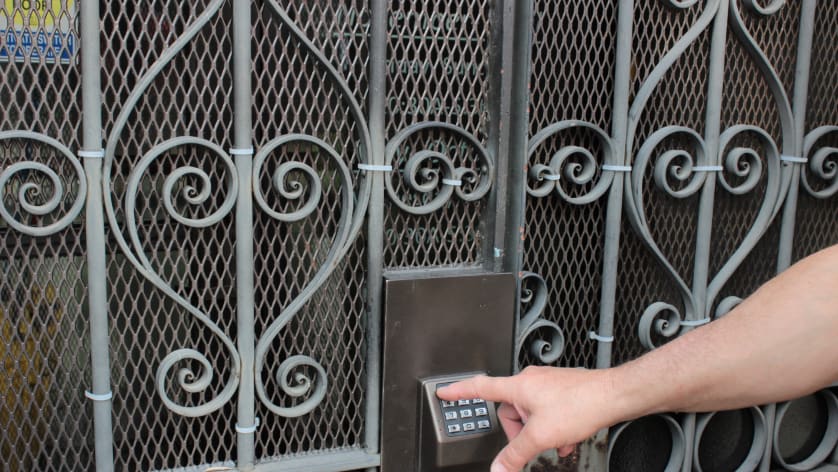Work Permit for Non-EU Citizens as IT Specialists in Germany

Germany has become one of the prime destinations for highly skilled professionals, particularly in the field of Information Technology (IT). With a thriving economy and increasing demand for experts in this domain, the country is an attractive job market for IT specialists from around the world. For non-EU citizens aiming to work in Germany as IT professionals, obtaining a work permit is crucial. Here's an overview of the process and requirements for obtaining a work permit in Germany:
1. Types of Work Permits:
a. Blue Card EU:
The Blue Card EU is designed for highly skilled workers seeking employment in Germany. IT professionals with an academic degree or equivalent qualifications and a specific job offer can apply for the Blue Card. A minimum salary is required, which must be above the statutory threshold to qualify for this card.
b. Residence Permit for Employment:
For IT specialists without an academic degree but with a concrete job offer, a residence permit for employment can be applied for. Certain criteria such as qualifications, the prospective employer's work permit, and regional labor market conditions need to be considered.
2. Requirements for the Work Permit:
a. Specific Job Offer:
A concrete job offer from a German company is a fundamental step in applying for a work permit. Often, the employer must have initially advertised the position in Germany before it can be offered to a non-EU citizen.
b. Qualifications and Skills:
The qualifications of the IT specialist must meet the requirements of the German job market. A higher education degree or equivalent expertise is often a prerequisite for applying for the work permit.
c. Minimum Salary:
For the Blue Card EU, there is a minimum salary threshold that is adjusted annually. The salary offered must generally be higher than the average salary in Germany for similar positions.
3. Application Procedure:
The application for a work permit is usually made at the German diplomatic mission in the applicant's home country. The application requires specific documents such as an employment contract, proof of qualifications, evidence of professional experience, and sometimes language proficiency certificates.
4. Duration and Extension:
Work permits typically have a limited duration and can be extended under specific conditions. When applying for an extension, there must be continued proof of meeting the requirements for employment.
Conclusion:
For IT specialists from non-EU countries, Germany offers appealing opportunities, but the work permit process requires careful planning and fulfillment of specific criteria. Adhering to the requirements and understanding the application procedure are crucial for successfully commencing work in Germany as a non-EU citizen in the IT field.




















